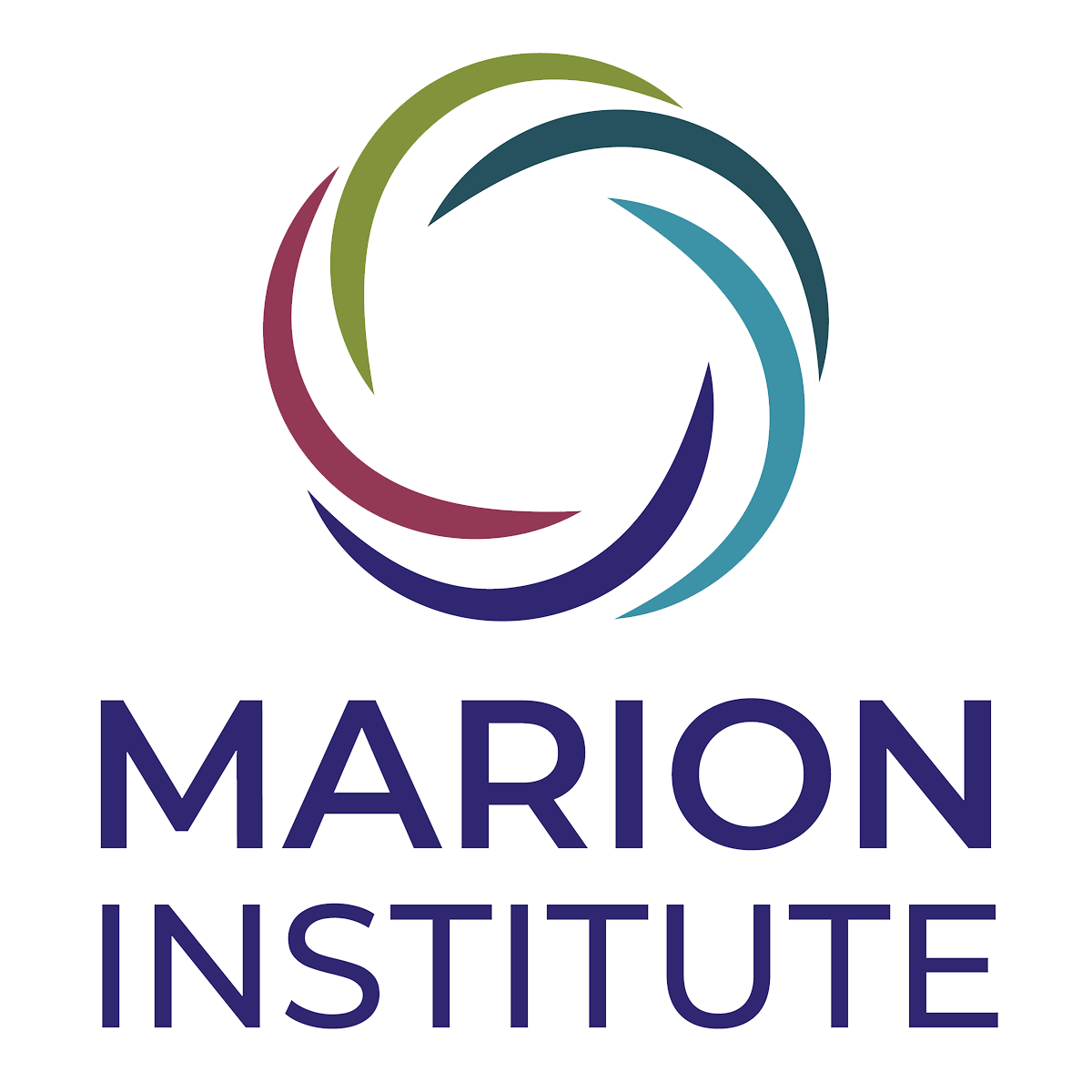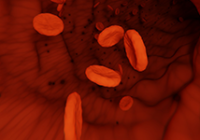By Christine Dionese, Integrative Epigenetic Health Specialist, Well Examined Podcast
Early on in my private practice I ran offices in two locations: San Diego, CA, and Rochester, NY. After some time traveling to and from these different parts of the United States, I witnessed patients have vastly different health outcomes. I had a hunch I may be onto something. Let me explain.
In San Diego, reports from patients experiencing depression, anxiety, fatigue, and autoimmune issues were far less common than what my patients reported in Rochester–by about half. What was causing this stark contrast?
In Rochester, which is also my hometown and home to Kodak, Xerox, and other major manufacturing conglomerates, environmental pollutants like heavy metals, and volatile chemicals in the air, soil, and water were at dramatically higher levels than in San Diego.
Meanwhile, San Diego, which sits at the 32nd parallel north latitude, is on record for having some of the sunniest days in the country yielding optimal vitamin D levels. While Rochester, mostly cloud-covered and at the 43rd parallel, vitamin D levels are dismally lower.
As I traveled back and forth between these two patient populations, it became starkly clear that those in San Diego were thriving and healing more optimally than those in Rochester.
Conclusion: the environments in which we live will significantly influence the trajectory of our whole-body health.
I began collecting data points from patients in each location that accounted for environmental exposures from pesticides and plastics, to soil and water pollution, to mold, mycotoxins, parasites, heavy metals, and so on. I held these toxicity data points up against what we refer to as epigenetic trait expression reporting and found that not only are we becoming more toxic as a society, but our traits were by and large expressing unfavorably toward disease.
I knew then that integrative epigenetics must become the future of lifestyle medicine if we are to re-create a thriving society where people actively accept the ultimate responsibility of taking health into their own hands. I refer to this process as contouring our epigenetic landscape and refer to my clients as “Epigenetic Upgraders.”
For newcomers, epigenetics is a field of study that focuses on heritable changes in gene expression that do not involve changes to the underlying DNA sequence. The history of epigenetics can be traced back to the early 20th century. In 1942, Conrad Waddington, a British developmental biologist, coined the term “epigenetics” to describe the fascinating interactions between genes and their environment during development. He proposed that these interactions could lead to different cellular fates, even when the cells have the same genetic information.
Fast forward to the 1970s when scientists discovered DNA methylation. One of the most widely practiced epigenetic modifications, DNA methylation involves the addition of a methyl group to the DNA molecule, which can affect gene expression. This discovery provided the first concrete evidence that chemical modifications of DNA could regulate gene activity.
Then in the 1980s and 1990s, researchers began to explore the role of histones which are proteins that help package DNA into a compact structure called chromatin, in epigenetic regulation. Scientists found that modifications to histones, such as acetylation and methylation, could influence gene expression by altering the accessibility of the DNA. And, the “for better or worse” factors of methylation that we expose our bodies to—toxic environment, air, soil, water, mold, parasites, etc.—will influence whether we are methylating favorably or otherwise.
The field of epigenetics celebrated further prominence with the completion of the Human Genome Project in 2003. This project provided scientists with a complete sequence of the human genome, but it also revealed that the number of genes in the human genome is relatively small compared to the complexity of human biology. Epigenetic modifications were recognized as a crucial mechanism for regulating gene expression and explaining the complexity of cellular functions.
Today, epigenetics is a rapidly growing field with dynamic implications for understanding human health and disease eradication such as insights into the mechanisms underlying complex diseases like cancer, neurological and metabolic disorders.
Overall, the history of epigenetics is marked by an ever-evolving understanding of the role of epigenetic modifications in gene regulation and cellular function. It has revolutionized our understanding of genetics and opened up new avenues for research and therapeutic interventions in integrative Biological Medicine.
Please join us on Tuesday, August 1st, 2023, at 12:00 ET as Christine Dionese, Integrative Epigenetic Health Specialist and host of the podcast, Well Examined, guides us through the art and science of epigenetics. Learn about epigenetic therapies and interventions that hold promise for targeting specific genetic pathways that can improve health outcomes and extend lifespan.












This Post Has One Comment